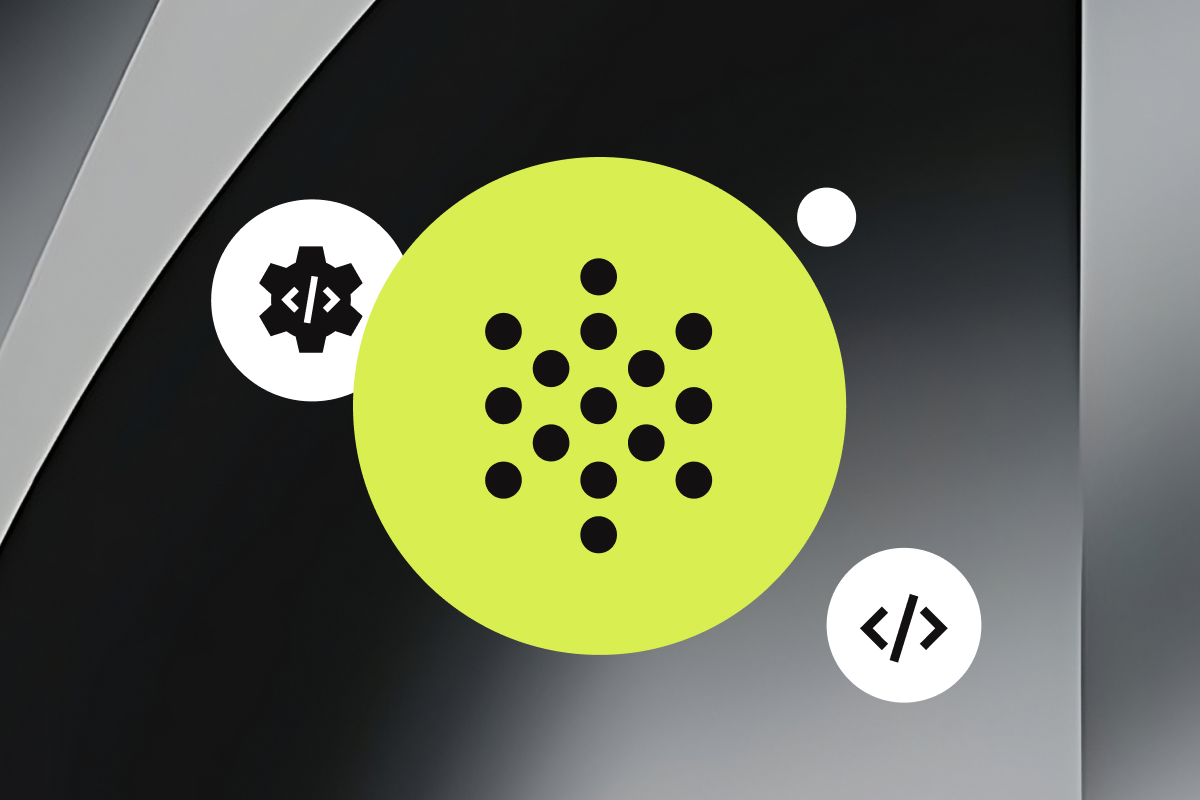More and more companies are turning to call center voice AI to support overworked and underresourced customer service teams.
More often than not, procurement becomes overly complicated, with multiple stakeholders competing over different priorities.
As a customer service or experience leader, it’s important that you retain control, making sure your needs – and your customers’ needs – are being met.
Working with voice solution vendors can seem daunting, but investing in call center voice AI doesn’t have to be complicated. It all hinges on building a team that is dedicated to getting the job done.
Here are the individuals we recommend you include to ensure conflicting priorities from stakeholders do not cloud your business goals and that you deploy a call center voice AI seamlessly.
Your call center voice AI team
1. Process and service owners
Titles include: Operations Director, Contact Center Director, Head of Customer Service, and Director of Customer Experience.
The person leading the process should be the person responsible for solving the problems you want call center voice AI to address.
As the customer service/experience leader, you’re closest to the contact center and the voice of the customer and can ensure that you buy a solution that resolves the contact center’s pain points, such as demand peaks, agent attrition, and inefficient processes.z
IT teams may push to use solutions from big cloud providers. Often, these solutions seem low-cost and low-effort at first but end up becoming overly complex and labor-intensive in production.
It is up to the process owner to work with vendors, ask questions, share ideas, and find a product that is best suited to your business and use case.
You will need to work closely with the executive sponsor to ensure the project gets buy-in and support from stakeholders, as well as the IT team, who will ensure that call center voice AI fits your technology stack.
When are they required?
You will be required throughout the buying process and will play a pivotal role in the discovery phase to allow for a deeper understanding of your business, including call volumes, average handling time, and existing software.
2. Executive sponsor
Titles include: Chief Information Officer (CIO), VP of Customer Experience, Director of Operations.
Depending on the size of your organization, the executive sponsor and process owner could be a dual role carried out by an individual.
Think of your executive sponsor as the champion of the call center voice AI project. This is someone with a strategic view of your business that is crucial in securing the necessary resources and buy-in from other stakeholders. They will be in your corner, ensuring that the product you buy best meets your needs.
The executive sponsor should provide guidance and support to the process owner and advocate the deployment of call center voice AI throughout the buying process. Their role is to ensure that your project aligns with your organization’s goals and objectives.
When are they required?
From the early discovery calls to the build and go live, the executive sponsor should be involved in key conversations with your voice partner to track the success and progress of the deployment.
3. IT
Titles include: CIO, Telephony & Software Engineer, IT Manager, Solutions Architect.
The IT team member brings the expertise to ensure smooth technical implementation of call center voice AI. It’s important to note that complex integrations are not always required to automate customer calls. Routine queries and FAQs can be handled without API integrations.
IT teams may favor AI offerings from cloud providers with whom they have existing relationships. However, these offerings are typically toolkits that require seasoned professionals to work with to create a solution.
Help your IT team understand that you want to buy a product rather than a DIY toolkit. This will take the pressure off IT to build something and will ensure that your needs are best met.
The IT team member will also play a crucial role in ensuring data security and compliance regulations, such as GDPR and HIPAA, are addressed.
It is important that IT collaborates with the process and service owners to understand the specific requirements of voice AI and work with your voice partner to understand telephony architecture and back-end systems, including your PMS, CRM, and workforce management system.
When are they required?
IT is required during the scoping and build phase to ensure that a voice AI solution can receive calls and access necessary data to complete a call.
4. Project manager
Titles include: Project Manager, Product Manager, Program Manager, Implementation Lead.
Competing priorities and differing stakeholder opinions of what is required from a call center voice AI can cause roadblocks in the buying process.
Your project manager serves as the single source of truth. They act as the crucial link between your organization and your voice vendor’s team, ensuring that they have the necessary information, resources, and support to deliver a successful deployment.
When are they required?
They will be your vendor’s go-to person throughout the process for updates, progress reports, and addressing any concerns or challenges that arise along the way.
Conclusion
By including the right individuals in your core team, you can ensure that conflicting priorities do not overshadow your business goals and project objectives.
Assembling the right call center voice AI team is crucial for a successful deployment. Each team member plays a unique role in driving the overall success of the deployment, whether it’s identifying pain points, aligning the project with organizational goals, ensuring technical integration, or overseeing the entire process.




